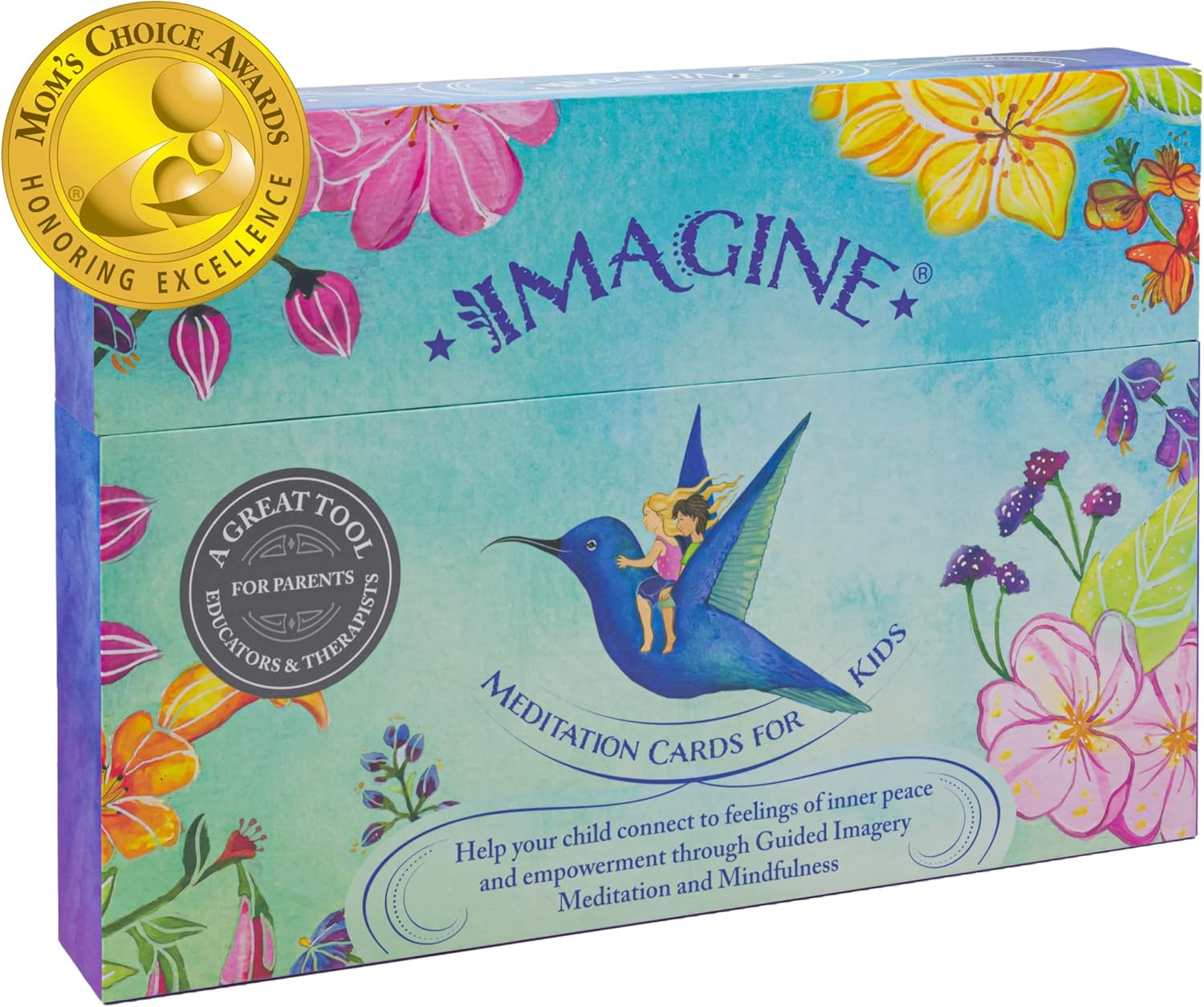In today’s modern world, it’s easy to get swept up in the hustle and bustle of everyday life. The pressures of work, family, and finances can take a toll on our physical and mental health, leaving us feeling overwhelmed and exhausted. While you may not identify as spiritual, there are still many spiritual practices that can help you find balance and peace in your life. These include meditation, gratitude, mindfulness, yoga and nature walks. Let's explore these practices and why it’s important to incorporate spiritual practices into your life for holistic wellbeing.
What are spiritual practices and holistic wellbeing
First, let’s define what we mean by spiritual practices and holistic wellbeing. Spiritual practices can be defined as activities that help us to connect with our inner self and to a greater sense of purpose. They can include activities such as meditation, yoga, breathwork, spending time in nature and more.
Holistic wellbeing is the state of being healthy in mind, body, and spirit. It’s a lifestyle that requires a balance between physical, emotional, mental, and spiritual aspects.
Why it is important to incorporate spiritual practices into our lives
Now that we’ve established what spiritual practices and holistic wellbeing are, let’s discuss why it is important to incorporate spiritual practices into our lives for holistic wellbeing.
- The first reason why it is important is that it helps us to reduce stress and anxiety. Many spiritual practices such as meditation, yoga, and breathwork are designed to help us focus on the present moment and to reduce stress and anxiety. They can help us to become more mindful of our thoughts and feelings, and to cultivate a sense of peace and calm.
- The second reason why it is important is that it helps us to cultivate self-awareness. Through spiritual practices, we can learn more about ourselves and our innermost thoughts and feelings. This can help us to gain insight into our true selves and to make conscious choices that are aligned with our core values.
- The third reason why it is important is that it can help us to cultivate a sense of connection and belonging. Spiritual practices can help us to connect with ourselves, with others, and with the world around us. This connection can help us to feel more grounded and secure in our lives, leading to a greater sense of wellbeing.
- Finally, it is important to incorporate spiritual practices into our lives because it can help us to gain a greater sense of purpose. By engaging in spiritual practices, we can learn more about ourselves and our life’s purpose. This can help us to feel more connected to the world and to our own destiny.
The best spiritual practices for non-spiritual people
Now that we know why it is important, let's discuss the best spiritual practices for non-spiritual people to cultivate holistic wellbeing in an easy way.
Meditation
Meditation is a practice that has been around for thousands of years and is a great way to improve your overall well-being. Meditation is a way to calm your mind and become more aware of your thoughts and emotions. It's a simple practice that can be done anywhere and at any time. All you need to do is sit quietly, close your eyes, and focus on your breath. If you're a beginner, start with just a few minutes a day and gradually increase the time as you become more comfortable.
Gratitude
Gratitude is a powerful practice that can help you focus on the positive aspects of your life. Take a few minutes each day to reflect on the things you're grateful for, whether it's your health, your relationships, your job, or even the sunshine. You can write them down in a journal or just say them out loud. Gratitude helps shift your perspective from negative to positive, and studies have shown that practicing gratitude can improve your mood and overall well-being.
Mindful breathing
Breathing is something we do automatically, but we rarely pay attention to it. Mindful breathing is a way to focus your attention on your breath, which can help calm your mind and reduce stress. To practice mindful breathing, take a few deep breaths and focus on the sensation of the air entering and leaving your body. You can do this for a few minutes at a time throughout the day, or as part of a longer meditation practice.
Yoga
Yoga is a physical and spiritual practice that originated in India over 5,000 years ago. Yoga combines physical postures, breathing exercises, and meditation to help improve flexibility, strength, and balance, as well as reduce stress and anxiety. There are many different types of yoga, so it's important to find one that works for you. You can start by taking a beginner's class or following along with a yoga video online.
Nature walks
Spending time in nature can have a positive impact on your mental and emotional well-being. Walking in nature has been shown to reduce stress and anxiety, boost mood, and improve cognitive function. You don't need to live near a forest or park to enjoy the benefits of nature. Even a short walk around your neighborhood or a nearby green space can help you feel more connected to the natural world.
In summary, there are many reasons why it is important to incorporate non-spiritual practices into our lives for holistic wellbeing. They can help us to reduce stress and anxiety, cultivate self-awareness, cultivate a sense of connection and belonging, and gain a greater sense of purpose. So if you’re looking to improve your physical, mental, and spiritual health, consider incorporating some non-spiritual practices into your life.



